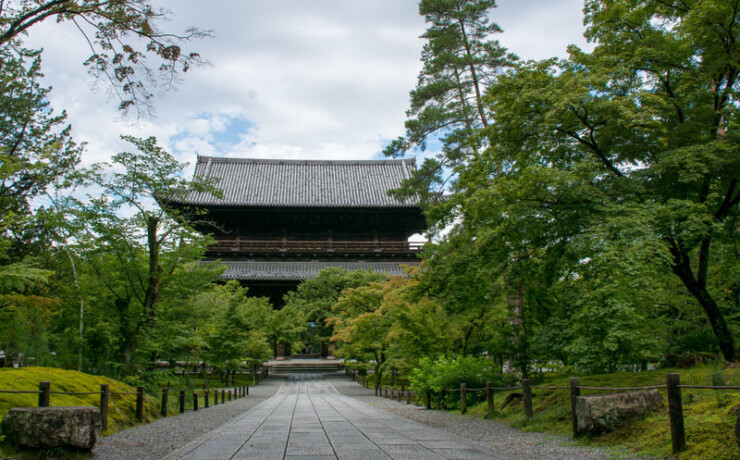
What Does ‘Mu’ Really Mean? A Journey Into One of Zen’s Deepest Teachings
Introduction
Few words in Zen carry as much weight — and as much mystery — as the single syllable: Mu.
For over a thousand years, Zen students have grappled with this paradoxical koan, often sitting with nothing but “Mu” for guidance. But what does Mu really mean? Is it a riddle? A mantra? A rejection? A door?
In this article, we’ll explore the layered meaning of Mu, its place in Zen practice, and how this one word can transform how we meet reality.
The Koan of Joshu’s Dog
The most famous appearance of Mu comes from the following Zen koan:
A monk asked Master Joshu, “Does a dog have Buddha-nature?” Joshu replied, “Mu.”
In classical Mahayana Buddhism, all beings are said to possess Buddha-nature. So why did Joshu say Mu — which means “no” or “not”?
This is not a contradiction. It’s an invitation.
The Meaning of ‘Mu’
Literally, Mu (無) in Japanese and Chinese means “no,” “not,” or “without.” But in Zen, it carries a deeper, non-conceptual significance:
- Not a logical negation
- Not mere denial
- A tool to cut through conceptual thinking
Mu is not meant to be explained — it is meant to be experienced.
Why Zen Masters Use ‘Mu’
Zen is not about acquiring knowledge. It’s about dropping assumptions.
When Joshu says Mu, he’s not giving the monk an answer — he’s pointing to a state of direct, unfiltered awareness beyond dualistic thinking.
Mu breaks the mind’s reliance on yes/no, self/other, right/wrong.
It is the sound of not-knowing. The gateway to presence.
Practicing with ‘Mu’
For many students, Mu becomes a lifelong practice:
- Repeating it silently during Zazen
- Breathing into the question: “What is Mu?”
- Allowing it to strip away concepts, layer by layer
This isn’t mantra repetition. It’s a radical inquiry.
“Hold Mu with your whole body-mind. Become Mu.” — Zen instruction
What ‘Mu’ Can Teach Us
1. Let go of intellectual seeking
Mu cannot be grasped — it dissolves thought.
2. Trust the unspoken
Mu points beyond language.
3. Embrace the mystery
In the face of paradox, remain open.
4. Sit with not-knowing
This is where true insight can emerge.
Conclusion: The Power of One Word
So, what does Mu really mean? It means exactly what you can’t explain.
It means dropping the question, not answering it. It means being here, now, with nothing added.
Mu is not a concept to master — it is a mirror that shows you your own mind.
Sometimes, the truest answer is no answer at all.
🌿 Want to go deeper into Zen and mindful living?
Explore ZEN for LIFE — a gentle guide to bringing presence, simplicity, and calm into your everyday routine.
Now available on Kindle.
#ZENforLIFE #MindfulLiving #EverydayZen










この記事へのコメントはありません。